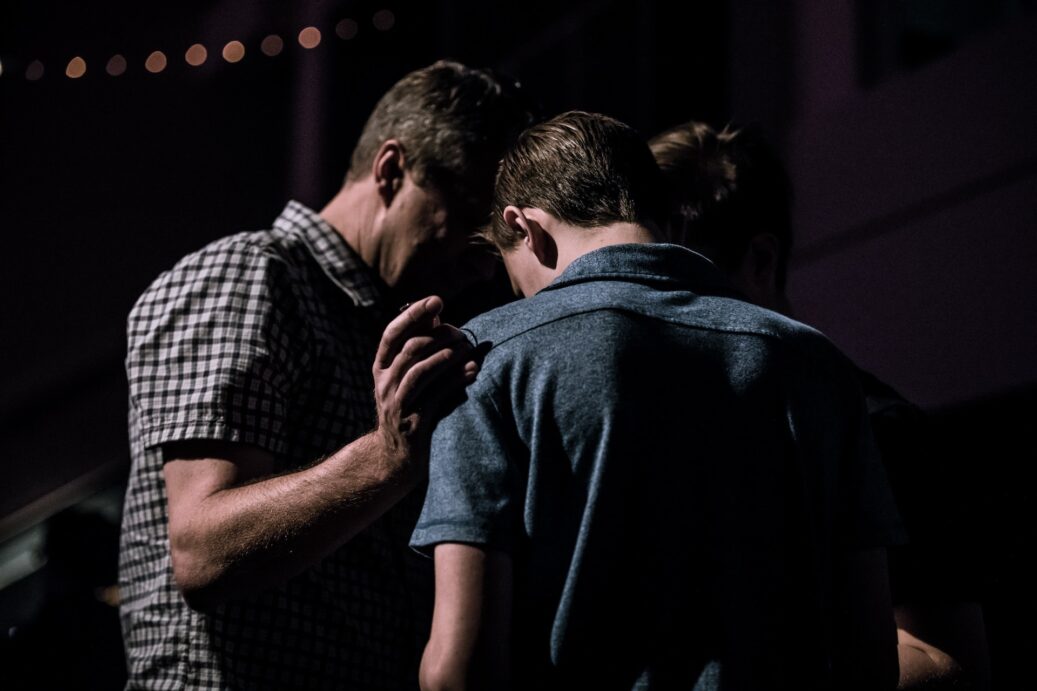When was the last time you went to any event or activity where you knew you would not connect well with anyone in the room?
If you have ever done this, then you realize how awkward it can be.
In many churches, men’s ministry has this problem because most men participating have one thing in common – their age.
Getting multiple generations of men to join in the same things can be challenging. You probably wish you could get different men to be part of your men’s ministry activities, but the question is how to do it.
Step 1: Seek to understand the needs of different generations.
Before you get too far into trying to be intergenerational, it is important for you to personally get connected with other men from a different generation than you. Pray and identify a few guys and begin to meet informally with them. Get to know them and ask for their input on how to get more men like them involved in men’s ministry.
You don’t know the needs of men in a different generation than you. Listen, learn, and invite others to build a plan with you. It may become uncomfortable for you because you may have to let some of your ideas of men’s ministry die. For example, if you are used to your men’s events on Saturday morning – how will you respond when younger men won’t come because that’s the only time they get with their kids all week?
Step 2: Prepare the men you already have.
Your men’s ministry activities attract a certain demographic because those men are very comfortable with what you are doing. It’s a place for them to connect and build friendships with other men. If you want to develop an intergenerational men’s ministry, you must begin preparing the men you already have for things that need to change.
If you have mostly older men, affirm the wisdom they have gained over the years and show them how God has given them this wisdom to pass on to younger men. If you have mostly younger men, talk about the advantages of having older men around whom they can gain advice from.
Now, fair warning: some men won’t like this and will opt out of your men’s ministry programming. Don’t be discouraged by their choices. Paul taught Timothy to take what he learned and entrust it to other faithful men who can teach others also (2 Timothy 2:2). Intergenerational ministry is a commitment to biblical discipleship more than a commitment to keeping everyone happy.
Step 3: Create intentional connections.
This starts with your leadership. Do you have any men from a different generation as part of your leadership team? You need to model intergenerational ministry and give these men the opportunity to lead.
In your men’s ministry activities, intentionally help men connect with others from a different generation. For example, when men want to join a small group – spend time encouraging them to consider the value of an intergenerational small group. When promoting your men’s events, get older men to identify 3 to 5 younger men they can invite (there is enormous value when an older man invites a younger man to come with him).
Be careful not to force these connections. Men can see right through that and will simply not participate. You don’t need to stop men from hanging out with friends their age; you are adding new opportunities to connect with other men who can contribute differently to a man’s life than friends his age can.
Step 4: Celebrate what works.
One of the ways you create culture in any environment is to frequently celebrate the culture you are trying to create. This means you need to find ways to celebrate where intergenerational ministry is happening with men. If you have men from different generations in the same small group – get them to tell stories of why their group is valuable to them. A grandfather, father, and son who have a great relationship with each other might tell their story. Consistently celebrating multi-generational relationships will create a culture in your ministry.
The small group I am a part of has men in every decade from their twenties to sixties. It has been an incredibly rich experience to learn the pressures each man is facing while also being able to support and encourage each other as we seek to follow Jesus. Intergenerational ministry can be challenging to create, but it is worth the effort.
About


